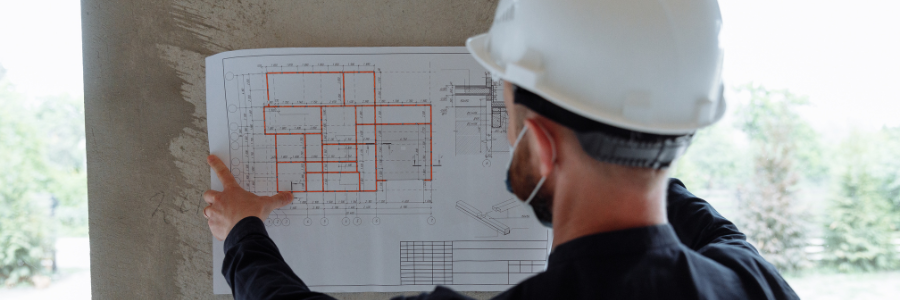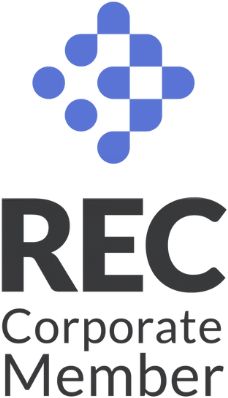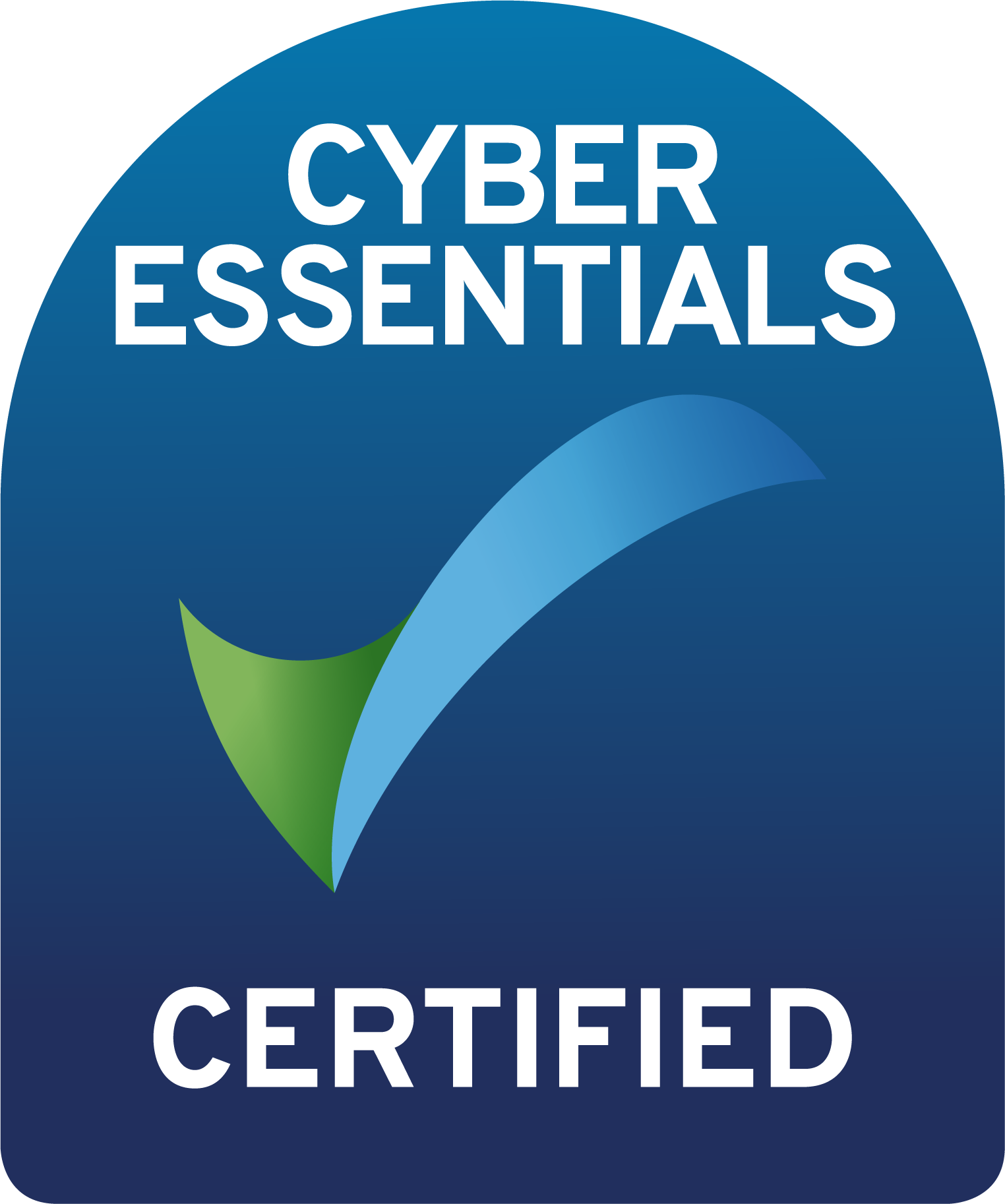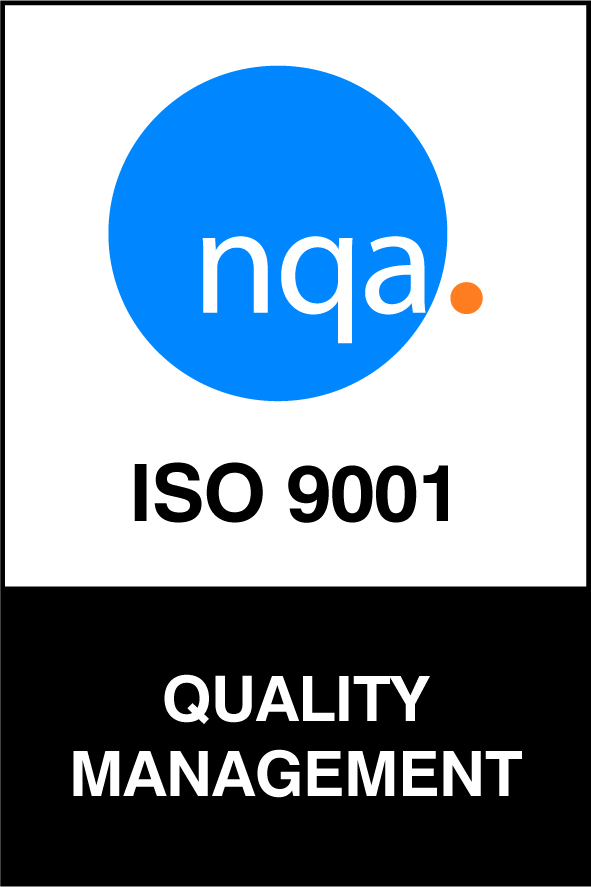
Securing a new role in architecture requires not only a fantastic portfolio but also the ability to present your skills and experience well during interviews. For architects looking to impress hiring managers, understanding how to articulate your expertise and demonstrate your value is crucial. In this blog, we will explore our top tips for presenting your skills and experience during your interview.
1. Prepare Your ‘Elevator Pitch’
Before diving into specific questions, be prepared with an ‘elevator pitch’ that summarises your professional background, key skills, and career goals. This brief introduction sets the tone for the interview and provides a snapshot of who you are as an architect. This should mostly be used when you are first asked to introduce yourself and will likely lead to further questions.
Example: "I’m an architect with over five years of experience in sustainable design and urban regeneration projects. My background includes working on various commercial and residential projects, where I’ve successfully implemented energy-efficient solutions and led design teams to deliver high-quality outcomes, including X building in Leeds. I’m particularly passionate about integrating innovative technologies to enhance building performance and user experience."
2. Articulate Your Design Process
Interviewers often seek to understand how you approach design challenges. Be prepared to discuss your design process in detail, including how you gather requirements, develop concepts, and address potential obstacles.
Common Question: "Can you walk us through your design process for a recent project?"
Example Response: "Certainly. For the [Project Name], I started by conducting extensive research to understand the client’s needs and the site’s context. I then developed several concept designs, focusing particularly on functionality and sustainability. After presenting these concepts to the client, I made the relevant changes and finalised the design. Throughout the project, I used Revit to create detailed models and collaborate with the engineering team to ensure that the design met all technical requirements and regulations. The outcome was a modern, energy-efficient building that exceeded the client’s expectations."
3. Discuss Your Technical Skills
Employers value technical proficiency with industry-standard tools such as Revit, AutoCAD, and BIM software. Highlighting your technical skills with concrete examples can help demonstrate your competency when working with these tools.
Common Question: "How do you use Revit in your projects?"
Example Response: "In my previous role, I used Revit extensively for creating 3D models and producing detailed construction documentation. For instance, on the [Project Name], I used Revit to coordinate with the structural and MEP teams, which helped identify potential clashes early in the design phase. This collaborative approach significantly reduced the number of revisions needed during construction and ensured a smooth project delivery, resulting in the plans being ready before the deadline."
4. Showcase Your Problem-Solving Abilities
Architecture projects often come with complex challenges that require innovative and creative solutions. Be ready to provide examples of how you’ve addressed such challenges and the impact of your solutions – we recommend preparing these examples in advance so you are not put on the spot during the interview.
Common Question: "Describe a challenging problem you encountered on a project and how you resolved it."
Example Response: "During the design phase of the [Project Name], we encountered an issue with the site’s drainage system, which threatened to delay the project. I organised a series of workshops with the engineering team to explore potential solutions. After evaluating various options, we implemented a modified drainage plan that integrated sustainable rainwater harvesting. This solution not only addressed the issue but also improved the building’s sustainability features, which was very well-received by the client."
5. Demonstrate Your Teamwork and Leadership Skills
Architectural projects often involve working closely with a diverse range of teams. Highlighting your ability to collaborate and lead effectively can be a significant advantage.
Common Question: "Can you provide an example of how you’ve worked with a team to achieve a project goal?"
Example Response: "On the [Project Name], I led a multidisciplinary team consisting of architects, engineers, and consultants. I scheduled regular meetings to ensure everyone was aligned on project goals and deadlines. By implementing a collaborative approach and using project management tools, we were able to streamline communication and address any issues promptly. This teamwork resulted in the successful completion of the project on schedule and within budget."
6. Prepare for Questions About Your Portfolio
Be ready to discuss specific projects from your portfolio. Interviewers may ask for details about your role, design decisions, and the project’s outcomes, particularly if your previous projects are similar to their future projects.
Common Question: "Can you elaborate on your role in the [specific project] showcased in your portfolio?"
Example Response: "In the [specific project], I was responsible for the overall design concept and coordination with the client. My role involved developing initial sketches, preparing detailed drawings using AutoCAD, and presenting design options to the client. I also collaborated with the construction team to ensure that the design was executed accurately. The project was completed successfully and received positive feedback for its innovative design and functional layout."
7. Interview the Interviewer
Towards the end of the interview, the hiring manager may ask you if you have any questions. Saying “No” to this prompt is arguably one of the worst things you can do as it shows you’re not thinking about the role, the future or the business. Here is a list of interview questions you could ask the hiring managers:
- “What does a typical day in the role look like?”
- “What would this role look like in X years?”
- “What types of projects will I be working on?”
- “What are the business’ plans for growth over the next X years?”
Presenting your skills and experience effectively in an architecture interview involves more than just answering questions; it’s about demonstrating your problem-solving abilities, technical expertise, and collaborative spirit. By preparing thoughtful responses to common interview questions, showcasing your design process, and highlighting your technical skills with strong examples, you can make a compelling case for why you’re the ideal candidate for the role. Approach each interview with confidence and use these strategies to effectively communicate your value and secure your next architectural opportunity.










